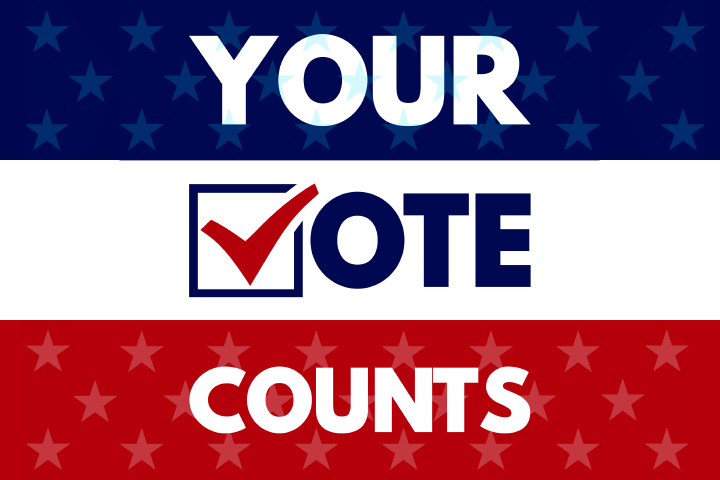
Voting is one of the most fundamental rights and responsibilities in a democratic society. Yet, despite its importance, voter turnout often remains disappointingly low. Understanding why your vote matters can empower you to participate actively in shaping the future of your community, your country, and the world. This article explores the significance of voting, the impact of individual votes, and why every ballot counts.
The Foundation of Democracy
Democracy thrives on the principle that the government derives its power from the consent of the governed. Voting is the primary mechanism through which citizens express their consent and influence government decisions. When you vote, you contribute to the legitimacy and accountability of elected officials. Without widespread participation, democracy weakens, and the voices of many remain unheard.
Your Vote is Your Voice
Each vote is a voice in the collective conversation about how society should be governed. By voting, you express your preferences on policies, leadership, and values. This voice helps shape laws and policies that affect education, healthcare, infrastructure, and civil rights. Abstaining from voting means forfeiting your chance to influence these critical decisions.
The Impact of Close Elections
Many elections are decided by razor-thin margins. History is filled with examples where a handful of votes determined the outcome of local, state, and national elections. In such cases, your single vote can literally be the deciding factor. This is especially true in local elections, where voter turnout tends to be lower but the impact of each vote is magnified.
Voting Shapes Policy and Leadership
Elected officials make decisions that affect every aspect of daily life. Voting helps determine who holds these positions of power. By choosing candidates who align with your values and priorities, you help steer the direction of policies on issues like climate change, economic development, social justice, and public safety.
Civic Duty and Social Responsibility
Voting is not just a right; it is a civic duty. Participating in elections is a way to contribute to the common good and uphold the principles of fairness and justice. When more people vote, governments are more representative and responsive to the needs of diverse populations.
Overcoming Barriers to Voting
Many people face obstacles such as registration difficulties, misinformation, or lack of access to polling places. Recognizing these barriers and working to overcome them is essential to ensuring that every eligible voter can participate. Advocacy for voting rights and education about the process strengthens democracy for everyone.
The Ripple Effect of Voting
Your vote influences not only the immediate election but also sets a precedent for future participation. When you vote, you encourage others in your community to do the same. This ripple effect helps build a culture of engagement and accountability that benefits society as a whole.
Conclusion: Make Your Vote Count
Every vote matters because it is a building block of democracy. By voting, you exercise your power to shape the future and uphold the values you believe in. Don’t underestimate the power of your single ballot — it can make all the difference.